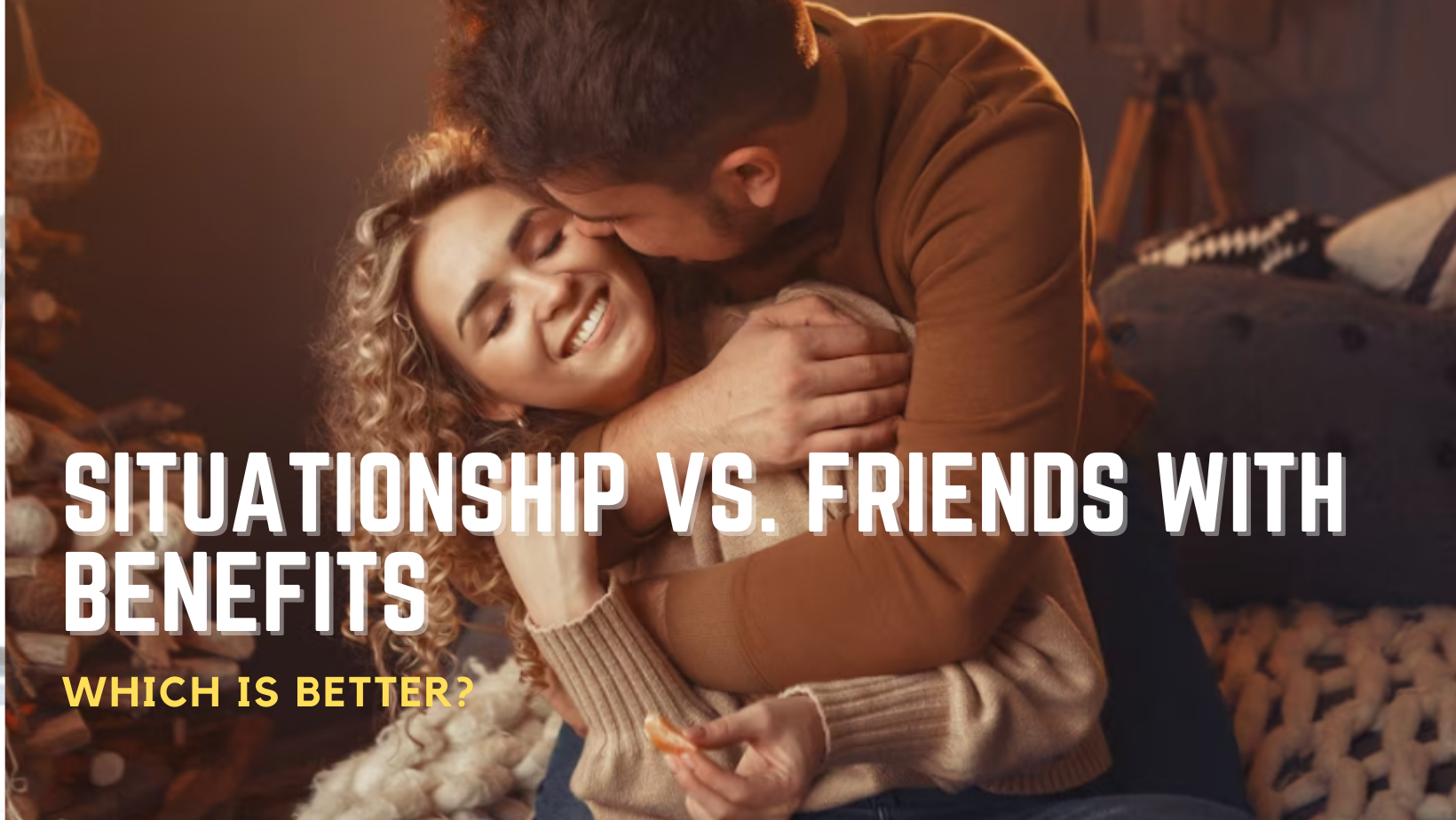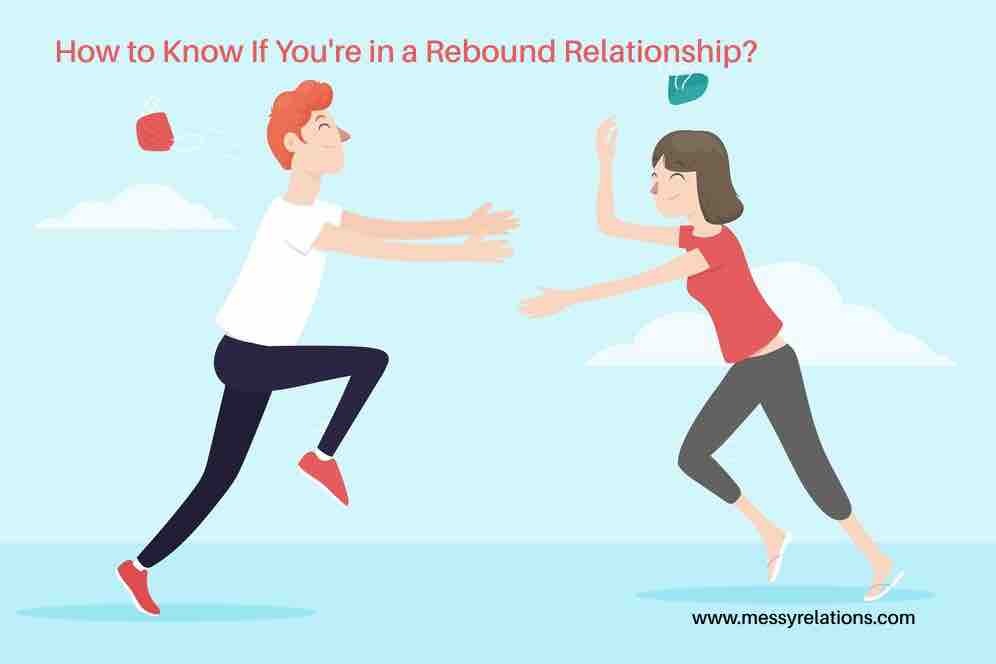Friendship is an important part of life However, not all friendships are created equal. One-sided friendships occur when the balance of effort, support, and commitment is uneven, leaving one person feeling neglected and undervalued. In this article, we will explore 20 signs of one-sided friendships, helping you identify and navigate these unbalanced relationships.
1. Lack of Reciprocity
Lack of reciprocity is a telling sign of a one sided friendship. In such relationships, one person consistently gives more effort, time, and emotional support than they receive in return. You find yourself always being the one to initiate plans, conversations, and activities while receiving little or no effort in return. This unbalanced dynamic can leave the giver feeling undervalued and emotionally drained. Addressing this issue is crucial to building a healthier friendship or recognizing when it may be time to reevaluate the connection. True friendships thrive on mutual give-and-take, ensuring both individuals feel valued and appreciated.
2. Self-Centered Conversations
In a onesided friendship, the other person consistently dominates conversations, only talking about their own interests, problems, and achievements without showing genuine interest in your life.
In such relationships, one person dominates discussions, only talking about their own interests, achievements, and problems without showing genuine interest in the other person’s life. This lack of reciprocity can leave the listener feeling unheard and unimportant. Healthy friendships involve balanced conversations, where both individuals take turns sharing and actively listening to each other.
3. Limited Emotional Support
You notice that your friend is often unavailable when you need emotional support, yet you are always there for them during their challenging times. In such relationships, one person is always there for the other during tough times, but the same level of support is not reciprocated. This imbalance can leave the supportive friend feeling neglected and emotionally unfulfilled. In healthy friendships, emotional support is mutual, with both individuals providing a shoulder to lean on and offering comfort during challenging moments.
4. Conditional Support
Your friend supports you only when it is convenient for them or when they need something in return. In these relationships, the support offered by one person comes with strings attached – it is given only when it benefits them or when they expect something in return. This can leave the other friend feeling used and unappreciated. True friendships are built on unconditional support, where both individuals are there for each other without expecting anything in return.
5. Ignoring Your Boundaries
In a onesided friendship, your friend might consistently disregard your boundaries and preferences, putting their needs above yours. In such relationships, the other person consistently disregards your limits, needs, and preferences. They might intrude on your personal space or overstep emotional boundaries, making you feel uncomfortable and disrespected. Healthy friendships respect each other’s boundaries and strive to create a safe and comfortable environment where both individuals feel valued and understood.
6. Unbalanced Effort
You invest time and energy into the relationship, but your friend seems disinterested in making an effort to maintain or strengthen the bond. In such relationships, one person invests significantly more time, energy, and care than the other. This can lead to feelings of resentment and imbalance, as one friend feels they are putting in more effort without receiving the same level of dedication in return. In healthy friendships, both individuals contribute equally, nurturing the bond and ensuring mutual growth and support.
7. Lack of Initiative
You are always the one coming up with ideas for outings, and your friend never initiates plans or surprises. In such relationships, one person is consistently passive and fails to take the initiative in planning outings or maintaining communication. This can leave the other friend feeling like they are doing all the work to keep the friendship alive. In healthy friendships, both individuals actively participate and initiate activities, demonstrating their commitment to the relationship.
8. Canceling Plans
Your friend frequently cancels or reschedules plans, often without providing a genuine reason or showing remorse. In such relationships, one person often cancels or reschedules plans without a genuine reason or consideration for the other’s time and feelings. This behavior can leave the other friend feeling unimportant and disregarded. In healthy friendships, both individuals value each other’s time and commitments, and cancellations are rare, with open communication and respect for each other’s schedules.
9. Emotional Drain
Being in a onesided friendship can be emotionally draining, leaving you feeling unappreciated and undervalued. In such relationships, one person constantly invests emotional energy and support, leaving them feeling drained and emotionally exhausted. The other friend may not reciprocate the same level of care, which can lead to feelings of loneliness and unfulfillment. Healthy friendships should be a source of emotional nourishment for both individuals, where mutual support and understanding create a balanced and fulfilling connection.
10. Feeling Used
You might feel like your friend only reaches out when they need something, making you feel used and taken advantage of. In onesided friendship, one person may feel that their friend only reaches out when they need something, making them feel undervalued and taken advantage of. Healthy friendships are built on trust and mutual care, where both individuals support each other without any hidden agendas, creating a sense of mutual respect and appreciation.
11. Hiding Achievements
In onesided friendship, you might feel compelled to hide your accomplishments as your friend rarely shows interest or celebrates your successes.
12. Inconsistent Communication
Your friend may go long periods without contacting you, making you question the strength of your bond.
13. Dismissive Attitude
When you share your feelings or concerns, your friend dismisses them or fails to acknowledge their impact on you.
14. Lack of Empathy
Empathy is a crucial aspect of any friendship. However, in a onesided friendship, your friend appears indifferent to your struggles and fails to offer genuine support.
15. Competitive Behavior
Your friend consistently tries to one-up you, turning every conversation into a competition rather than celebrating each other’s achievements.
16. Unbalanced Favors
You find yourself doing favors for your friend much more often than they do for you, leading to an inequitable relationship.
17. Feeling Isolated
Despite being in a friendship, you feel isolated and alone, as your friend doesn’t make you feel valued or understood.
18. Guilt-Tripping
Your friend manipulates you with guilt to get what they want, putting you in uncomfortable and compromising situations.
19. Prioritizing Others
Your friend consistently prioritizes other people over you, making you feel like you’re an afterthought.
20. Lack of Trust
You don’t feel comfortable confiding in your friend or sharing personal information, as they might use it against you or not take it seriously.
Identifying onesided friendship signs is crucial for maintaining healthy relationships. If you recognize these signs in your friendship, it’s essential to communicate your feelings with your friend honestly. Sometimes, they might not be aware of their behavior and can work towards a more balanced relationship. However, if your efforts go unnoticed or unreciprocated, it might be necessary to reevaluate the significance of the friendship in your life. Surrounding yourself with supportive and caring individuals is essential for your emotional well-being, so don’t hesitate to seek out healthier connections.




